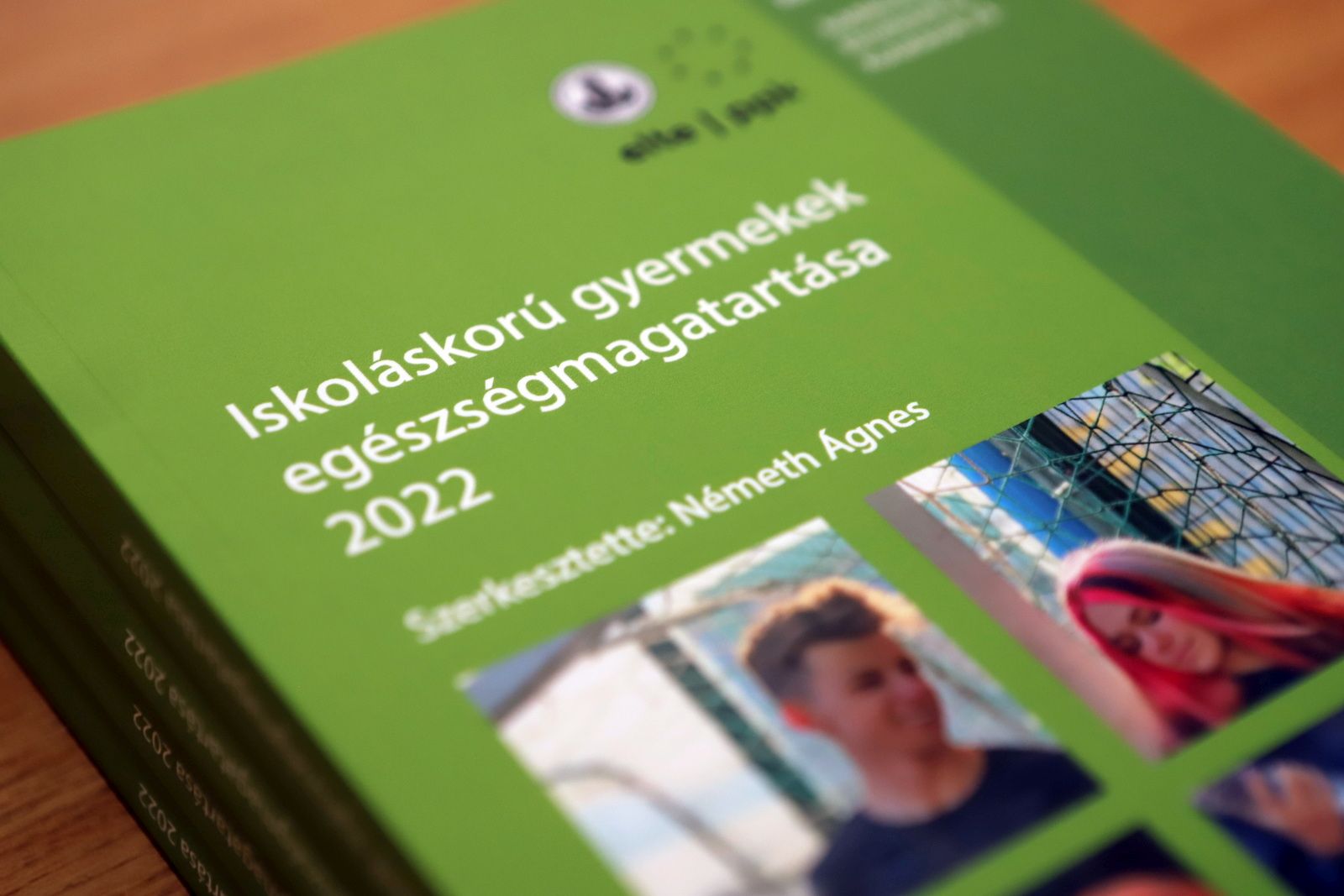The Health Behaviour Of Hungarian Adolescents Shows An Alarming Picture

This health and well-being survey, which is unique of its kind in Hungary, collects data regularly (every four years) in the grade 5, 7, 9 and 11 age groups. Targeting around 6000 students each time, the online survey is representative on a national level and its findings can be compared with those of the nearly 50 other (mostly European) countries that participate in the project. The most recent survey was conducted in 2022; the report analysing the data collected in Hungary was published at the 95th Festive Book Week.

With regard to eating habits, the Health Behaviour in School-aged Children (HBSC) Research Group of ELTE found that the proportion of adolescents who regularly eat breakfast has been declining for years. Less than a third of adolescents consume fruit and vegetables daily. Although the number of young people consuming foods and drinks with high sugar content has been decreasing and the number of physically active adolescents has been slowly increasing, obesity is still on the rise overall.
Approximately a third of the students spend almost all of their free time sitting (usually in front of screens), while they sleep little – an average of 7.5 hours – on weekdays. The results show that
average sleep time has fallen significantly over the last eight years.
In contrast to previous trends, the rates of adolescents engaging in health-risk behaviours like smoking and alcohol consumption show an increase over the last four years. Around one student in six smokes at least once a week, and 40% of the respondents have already been drunk. More than a third of the students have tried e-cigarettes.
There has been no significant change in the use of illegal substances. Marijuana use is the most common, with around 17% of secondary school students having tried it in their lifetime. 13% of students were found to be problematic social media users, while 18% are problematic video gamers. 45% of secondary school students have already had a sexual relationship.
The proportion of students who consider their health as excellent decreased by more than 10% between 2002 and 2022, reaching an all-time low in 2022 with a 19% satisfaction rate. More than half of the students experience at least two psychosomatic symptoms (e.g. headaches or fatigue) on a weekly basis. Although 75% of the students like their school, the number of students who find schoolwork overwhelming has significantly increased to approximately 12%. One student in ten has experienced peer bullying at school, and
20% of students have been bullied online at least once.
On an international level, Hungarian adolescents are below average in terms of eating habits and obesity, smoking and alcohol consumption, online bullying, self-rating of their health and frequency of certain psychosomatic symptoms, whereas they are around average in other respects (e.g. physical activity, marijuana use). They reported a more favourable assessment of their social relationships (with e.g. their family, parents or peers) than the international average.
Cover photo: freepik.com

